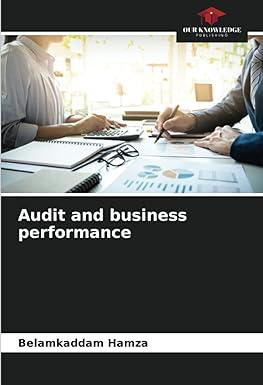Question
Question #3 In 2005, the state legislature of Illinois added the Semi-Solid Waste AcceptanceRegulations(SSWARs) to its State-Wide Semi-Solid Waste Administration Act(SSSSWAA.) These new laws prohibited
Question #3
In 2005, the state legislature of Illinois added the Semi-Solid Waste AcceptanceRegulations(SSWARs) to its State-Wide Semi-Solid Waste Administration Act(SSSSWAA.) These new laws prohibited privately owned landfills in the state from accepting semi-solid waste (e.g., certain types of garbages and rubbishes, sludges, sanitation residues, semisolids, and industrial wastes, etc.) from any source outside the county in which the landfill was located unless expressly permitted by the county.Point Arbors Landfill, Inc., a privately owned business located in Grace County in Illinois, submitted an application to the Grace County government to allow Point Arbors to accept up to 500 tons per day of out-of-state semi-solid waste. In the application, Point Arbors agreed to reserve enough capacity at their landfill to accept all semi-solid waste produced in the county for the next fifteen years. The county rejected the application. Point Arbors sued the county and the state in federal court, alleging that the SSWARsviolated the Commerce Clause of the U.S. Constitution and seeking an injunction against their enforcement.Point Arbors argues that forcing operators of private landfills to limit business to accepting local semi-solid waste discriminates against interstate commerce.Point Arbors also reminds the Court that state laws that discriminate against interstate commerce are unconstitutional unless the state can prove that such laws are justified by valid state interests, unrelated to economic protectionism, that cannot be achieved without such discrimination.The state of Illinois and Grace County argue that the SSWARs do not discriminate against interstate commerce because (1) the laws do not treat out-of-county semi-solids from Illinois any differently than waste from other states, and (2) some counties in Illinois still accept out-of-state semi-solid waste. The defendants further argue that the SSWARs are essential to the public health and welfare because they enable individual counties to make adequate and comprehensive plans for the safe disposal of future waste, as required by SSSSWAA. The U.S. District Court in Illinois concluded that the SSWARs did not discriminate against interstate commerce and therefore did not violate the Commerce Clause. The U.S. Court of Appeals for the Seventh Circuit disagreed and overturned the District Court. The case is appealed to the U.S. Supreme Court and the Court agrees to hear it. What does the Commerce Clause require in this situation? Do Illinois Semi-Solid Waste Acceptance Regulations violate the Commerce Clause of the U.S. Constitution? Why or why not? Fully discuss how the Court would likely analyze this case.
Step by Step Solution
There are 3 Steps involved in it
Step: 1

Get Instant Access to Expert-Tailored Solutions
See step-by-step solutions with expert insights and AI powered tools for academic success
Step: 2

Step: 3

Ace Your Homework with AI
Get the answers you need in no time with our AI-driven, step-by-step assistance
Get Started


